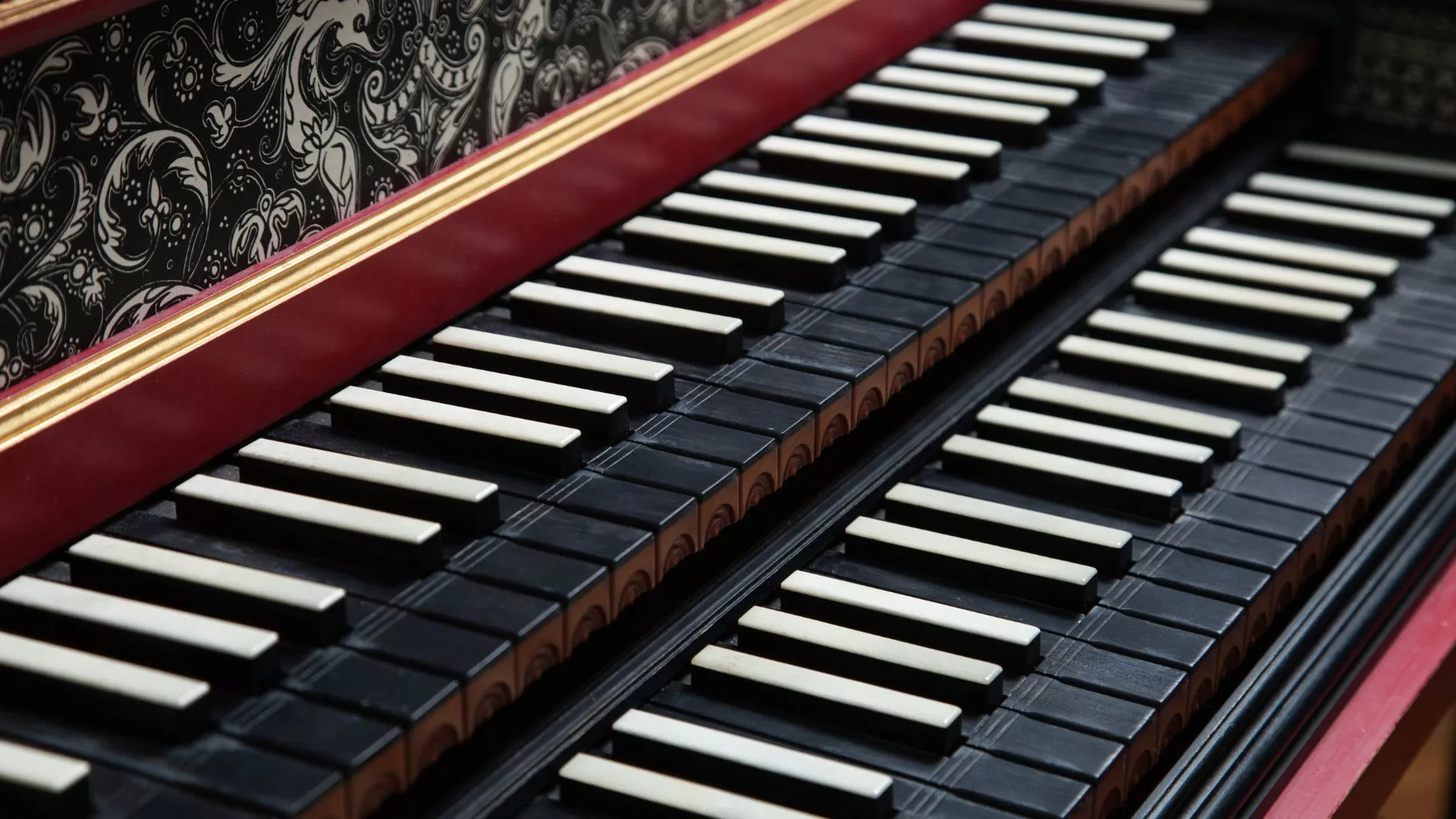Ever found yourself in the middle of a conversation about Baroque music and wished you knew a bit more? Well, you’re in luck! Baroque music, with its ornate melodies and rich textures, is a fascinating subject with a depth as grand as its sound. Let’s dive into some of the most frequently asked questions about this captivating era of music.
- What is Baroque Music?
Baroque music refers to a style of Western art music composed from approximately 1600 to 1750. This era followed the Renaissance and was followed in turn by the Classical era. Baroque music is known for its dramatic, rich, and distinct style. - When did the Baroque Era take place?
The Baroque era spanned from around 1600 to 1750. It began shortly after the end of the Renaissance and culminated with the death of Johann Sebastian Bach, one of the era’s most renowned composers. - Who are some famous Baroque composers?
Johann Sebastian Bach, George Frideric Handel, Antonio Vivaldi, and Henry Purcell are among the most famous composers from this period. Each brought a unique style and contribution to Baroque music. - What are the characteristics of Baroque music?
Baroque music is characterized by its ornate detail, expressive melodies, and rich textures. It often features a continuous bass line (basso continuo) and emphasizes contrast and variety in texture, rhythm, and dynamics. - What is the difference between Baroque and Classical music?
While Baroque music is known for its ornate style and complex counterpoint, Classical music, which followed the Baroque era, favored clarity, simplicity, and balance. Classical music often has a more structured form compared to the often improvisational nature of Baroque compositions. - What instruments were used in Baroque music?
Common Baroque instruments included the harpsichord, organ, violin, flute, and trumpet. The harpsichord was particularly prominent, providing a continuous bass line in many compositions. - What is a Baroque suite?
A Baroque suite is a collection of dance-inspired movements. These suites usually contain movements like the allemande, courante, sarabande, and gigue, each with its distinctive rhythm and character. - How did Baroque music influence later periods?
Baroque music greatly influenced the Classical and Romantic periods. Its complex melodies and harmonic structures can be seen in the development of symphonic and operatic forms in later music. - What is a concerto in Baroque music?
A concerto in Baroque music is a composition that typically features a solo instrument or a small group of soloists contrasted with a larger ensemble. Vivaldi’s “The Four Seasons” is a famous example of Baroque concertos. - Why is Bach considered one of the greatest Baroque composers?
Johann Sebastian Bach is hailed as one of the greatest Baroque composers due to his mastery of various musical forms and his ability to infuse emotional depth into his compositions. His works, like the Brandenburg Concertos and the Well-Tempered Clavier, display a profound understanding of harmony and counterpoint.
In summary, Baroque music is a window into a world of dramatic expression and ornate beauty. It’s a genre that laid the groundwork for much of what we consider classical music today. So next time you hear a piece from this era, remember the rich history and creativity that fueled its creation. Whether you’re a seasoned classical music enthusiast or a curious newcomer, the world of Baroque music has something to enchant everyone.










0 Comments